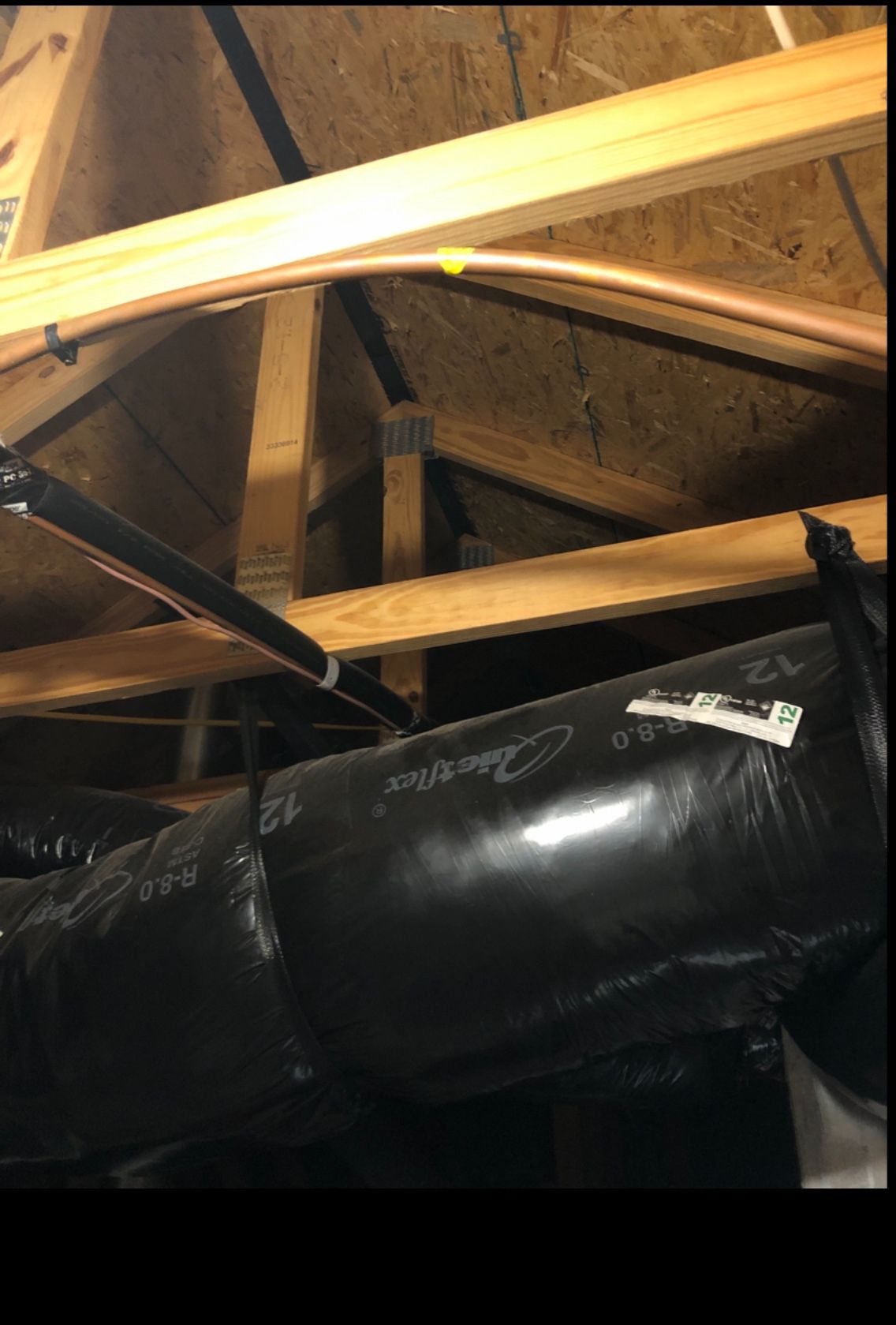Blog > Avoid the most common maintenance pitfalls
 When it comes to selling or buying a home, avoiding common maintenance pitfalls can help you save time, money, and unnecessary stress. Whether you are a buyer or a seller, taking care of essential maintenance tasks can significantly impact the value and overall condition of your property. So, let's delve into some valuable advice on how to avoid these pitfalls and ensure a smooth real estate transaction.
When it comes to selling or buying a home, avoiding common maintenance pitfalls can help you save time, money, and unnecessary stress. Whether you are a buyer or a seller, taking care of essential maintenance tasks can significantly impact the value and overall condition of your property. So, let's delve into some valuable advice on how to avoid these pitfalls and ensure a smooth real estate transaction.
For Sellers:
1. Prioritize Curb Appeal: First impressions matter, and the exterior of your home sets the tone for potential buyers. Ensure your landscaping is well-maintained, the exterior is clean, and any necessary repairs, such as damaged siding or a worn-out roof, are taken care of before listing your property.
2. Address Minor Repairs: While it may be tempting to overlook small maintenance issues, such as leaky faucets or loose doorknobs, these can create a negative impression during showings. Take the time to fix these minor repairs to showcase a well-cared-for home.
3. Get a Pre-Listing Inspection: A pre-listing inspection can help identify any major maintenance concerns that may arise during the buyer's inspection. Addressing these issues beforehand can prevent negotiations from falling through or price reductions.
For Buyers:
1. Schedule a Home Inspection: A thorough home inspection is a critical step in the buying process. It can uncover hidden maintenance issues, such as electrical problems, plumbing leaks, or foundation cracks. Don't skip this step to avoid unpleasant surprises down the line.
2. Research Maintenance History: Request information about the home's maintenance history, including any renovations or repairs carried out. Understanding what has been done can help you anticipate future maintenance needs and estimate associated costs.
3. Consider Long-Term Maintenance: Look beyond the aesthetics when evaluating a property. Consider the age and condition of major components like the HVAC system, roof, and appliances. Understanding their life expectancy and potential replacement costs can save you from unexpected expenses.
Whether you are a buyer or a seller, taking proactive measures regarding maintenance can make a significant difference in your real estate experience. By addressing repairs, conducting inspections, and researching maintenance history, you can avoid potential pitfalls and ensure a smooth transaction.
In conclusion, when it comes to maintenance pitfalls in real estate, prevention is key. Sellers should focus on curb appeal and addressing minor repairs, while buyers should prioritize inspections and long-term maintenance considerations. By being proactive, both parties can navigate the real estate process with confidence and ease.

